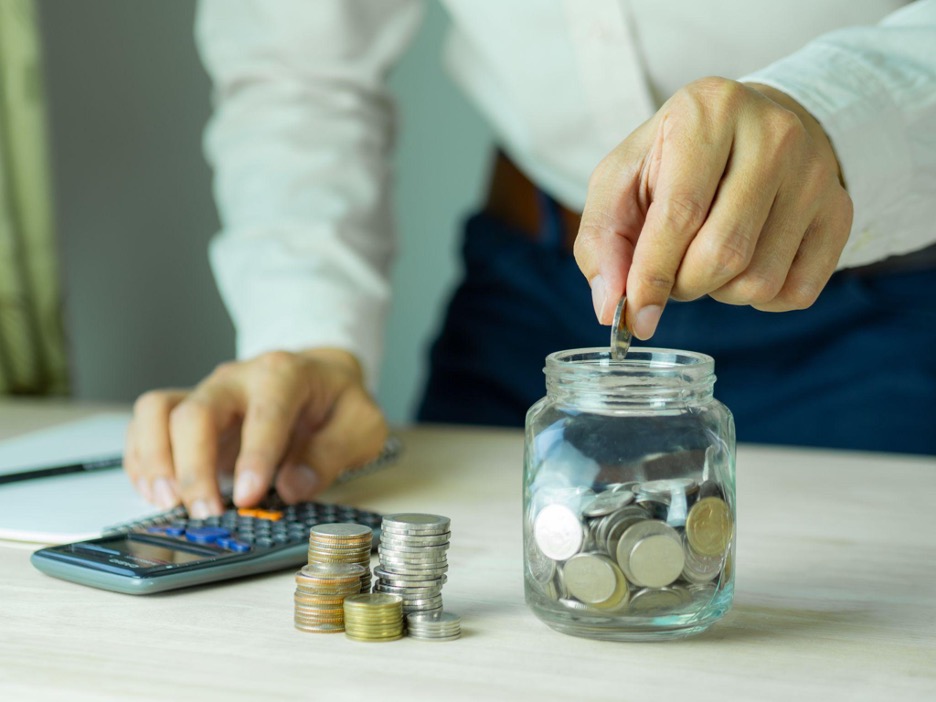If you’re thinking about starting to save up to buy your first home, the whole thing can feel very off-putting. As house prices rise, the concept of even trying to save that much cash can often seem out of reach for most of us.
Fortunately, there are many useful tips available that will make saving for your first home considerably easier. That’s not to say you can decide to start saving and you’ll be an ankle to buying a home next week! It can take time to build up your savings to get the deposit for a mortgage.
However, follow these tips and you could be walking through your own front door much sooner than you ever imagined.
Live More Frugally
The key to saving more money is to spend less money. That’s going to mean some practical changes to how you spend. There are countless guides available online that can inspire you for a more frugal lifestyle, and they don’t involve moving into a cave and living off whatever you can grow.
Simple changes, like switching your bank account, changing your utility providers, cancelling some of your streaming services, using charity shops for gifts, or simply just switching to supermarket own-brand food can save you a lot of cash.
Those savings can then buy straight into your nest egg. The more frugal you live, the easier it will be to see your total savings rise faster.
Have a Target
The next step is to know exactly how much you need to save. Look at the house prices of where you’d like to buy. House prices vary wildly by location, and a three-bedroom house in London is going to mean a very different target than if you’re looking for a one-bedroom apartment in Hull.
It’s not just the deposit that you need to consider though. Your estate agent will want a percentage, and you’re going to need a conveyancing solicitor too. This will end up saving you money in the long term, but it’s a cost that you simply can’t fail to factor in.
Once you have your rough target, you can then make yourself a savings timeline. This will tell you just how long it’s going to take to buy your first home. Depending on your income and outgoings, plus the value of the types of property you’re interested in, that could take years.
They say that the best time to plant a tree is ten years ago. The second best time is today. The same is true of your savings.
Downsizing
This Can mean a major change to how you live, but downsizing is simply one of the best ways to cut your living costs. Whether you move in with friends or family or simply move to a cheaper area, downsizing can be a big step.
However, when you’re looking at where your money goes every month, the biggest expenses tend to be our rent and our bills. Moving somewhere smaller or where the rent is lower is simply one of the best ways to cut your outgoings. Those savings can make saving for your first home considerably easier (and much faster).
Stop the Bad Habits
Smokers spend a fortune on tobacco every week. If you have a bottle of wine to help you sleep every wine o’clock, that expense will also add up. Those bad habits, like getting a takeout every other night or impulse buying at the weekends, all make saving much more challenging.
It can be hard to get rid of our bad habits, but help is available. Everything from smoking to gambling can be stopped with the right approach. Identify your bad habits, look at how much they’re costing you, and make changes as needed. You might even find that this step improves your life in ways you never expected.
Earn More
It’s easy to say that you need to earn more money every month. It’s a lot harder to do. Yet, it might be possible with the right approach. If it’s been a while since your last pay rise, talk to your boss. You never know how amenable they will be.
If that’s not an option, consider a side hustle in your spare time. This can be tailored to your hobbies, selling on eBay, walking your neighbour’s dog, or becoming an online virtual assistant. There are hundreds of side hustle ideas out there, and they could help you save faster than you think.
Start Saving Right Now
The faster you start to save, the quicker you can buy your first house. If you’re new to saving, it can take time to get used to. Make sure that you have a direct debit in place so that a set amount of your wage comes out on payday and goes directly into your savings account.
That way, you won’t be tempted to dip into it. The more you can put aside every month, and the more aware you are of how much you need to put away, the easier it will be to save for your first home.
Take the time to get your savings fully optimised and you could be stepping over the threshold of your first home years earlier than you expected.




 Bitcoin
Bitcoin  Ethereum
Ethereum  Tether
Tether  XRP
XRP  USDC
USDC  Solana
Solana  TRON
TRON  Cardano
Cardano  Lido Staked Ether
Lido Staked Ether  Toncoin
Toncoin  Avalanche
Avalanche